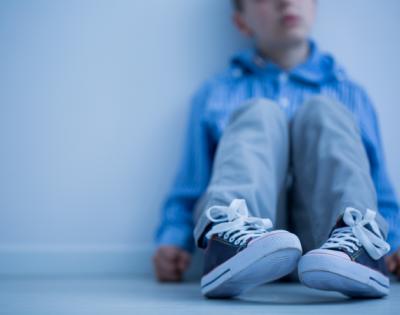
Did you know that 1 in 6 youth from ages 6 to 17 experience mental health issues each year? Children often cannot voice their emotions like adults can, and that is why it is important that adults look out for warning signs of mental illness in kids. Early recognition of childhood mental health issues can prevent suicide, learning challenges, long-term mental health issues, and homelessness. Whether you are a parent, teacher, or mentor of a child, it’s important that you are able to identify possible symptoms of mental health struggles in children.
What mental health issues can children face?
Depression
A child living with depression might make comments like, “nobody cares about me” or “I would be better off dead.” These comments are warning signs and must be taken seriously. A child might also live with depression if they cry excessively or if they express inappropriate guilt about their actions.
Anxiety
Everybody will experience symptoms of anxiety in their life, but it is key to look at situational context to see if your child’s anxious behavior is regular or irregular. Symptoms such as obsessive thoughts, compulsive behaviors, refusal to go to school, and excessive clinging to parents or teachers all can be signs of anxiety in children.
Post-Traumatic Stress Disorder
PTSD is often thought of as a rare disorder in children, but that is not true. Sudden changes in mood, sleeping and eating habits, or self-regulation can be signs of PTSD. Dissociative or aggressive behaviors with adults or other children are also possible signs of PTSD.
ADHD
ADHD can look different from child to child, but there are some symptoms that are easier to recognize as ADHD than others. Symptoms of inattention or hyperactivity in children are signs, as well as the need for repeated task directions or displaying extreme hyperactivity even after physical activity.
Children deserve to feel a sense of mental stability and safety. If you know a child who is struggling, it is important that you take the right steps in ensuring they get the help necessary to put them on the path of mental wellbeing.
What can you do if your child is struggling?
- Validate their feelings
- Guide them through their frustrations
- Remind them that they are safe
- Listen without judgment
- Seek help from a counselor or therapist for your child
Could your child benefit from counseling? To explore treatment options, call 1-800-627-8220 to schedule an appointment or contact us online.
Information for this article was provided by Village therapists.




